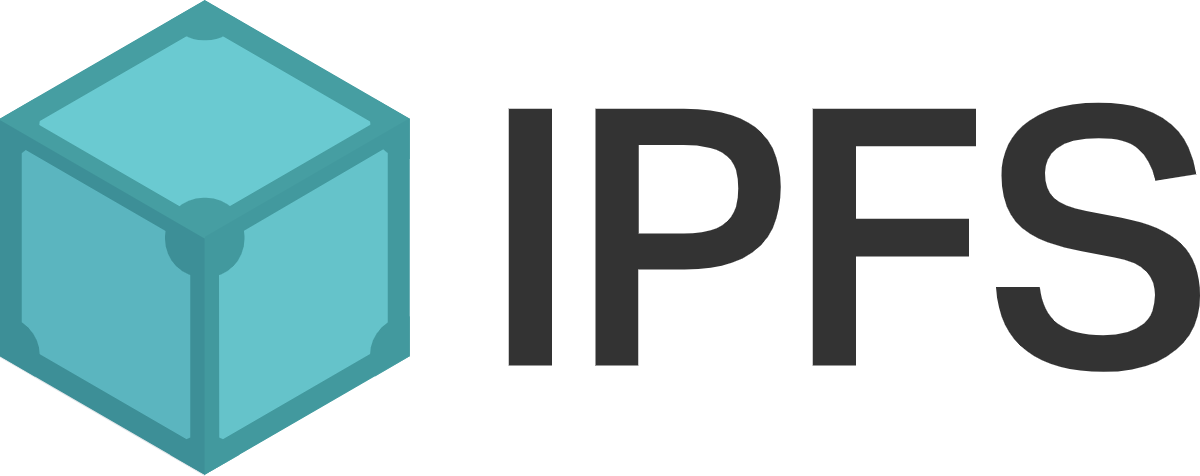
The purpose of this post is to get you up and running IPFS as quickly as possible so you can start your learning.
Context
I wanted to experiment with IPFS with Golang but had difficulty with the provided tutorial. I spent some time researching and wrote some Golang useful code samples you can use to quickly get started running IPFS for programming.
Before you begin
Please install IPFS Desktop before proceeding with the code samples. Once installed, start the desktop and if it connects you are ready to begin.
Also I am assuming you have a home directory where you put your Golang source code you are working on. Mien will be: ~/go/src/github.com/bartmika.
IPFS Quickstart
There will be three code samples you can use to get working. The purpose of the three examples are as follows:
Example 1 - Demonstrate how to send and receive simple text data over the IPFS network using your local IPFS daemon.
Example 2 - Demonstrate how to send and receive JSON encoded data over the IPFS network using your local IPFS daemon.
Example 3 - Demonstrate how I setup the Go IPFS as a Library tutorial.
Example 1: Send and Receive Text Data over IPFS
Create your project in your home
golangdirectory.cd ~/go/src/github.com/bartmika mkdir ipfs-example1 cd ipfs-example1Initialize our
golangproject:go mod init github.com/bartmika/ipfs-example1Get our only dependency.
go get github.com/ipfs/go-ipfs-apiWhen the dependencies update, your
go.modfile should look something like this:module github.com/bartmika/ipfs-example1 go 1.16 require github.com/ipfs/go-ipfs-api v0.2.0Create a
main.gofile and populate it with the following code sample:package main import ( // "context" "bytes" "fmt" "os" "strings" shell "github.com/ipfs/go-ipfs-api" ) func main() { // // Connect to your local IPFS deamon running in the background. // // Where your local node is running on localhost:5001 sh := shell.NewShell("localhost:5001") // // Add the file to IPFS // cid, err := sh.Add(strings.NewReader("hello world!")) if err != nil { fmt.Fprintf(os.Stderr, "error: %s", err) os.Exit(1) } fmt.Printf("added %s\n", cid) // // Get the data from IPFS and save the contents to a file. // out := fmt.Sprintf("%s.txt", cid) err = sh.Get(cid, out) if err != nil { fmt.Fprintf(os.Stderr, "error: %s", err) os.Exit(1) } // // Get the data from IPFS and output the contents into `string` format // and output into the terminal console. // data, err := sh.Cat(cid) if err != nil { fmt.Fprintf(os.Stderr, "error: %s", err) os.Exit(1) } // ...so we convert it to a string by passing it through // a buffer first. A 'costly' but useful process. // https://golangcode.com/convert-io-readcloser-to-a-string/ buf := new(bytes.Buffer) buf.ReadFrom(data) newStr := buf.String() fmt.Printf("data %s", newStr) }Run the code.
go run main.goYou should see code being outputted. Spend time and review the code.
Example 2. Send and Receive JSON Data over IPFS
Create your project in your home
golangdirectory.cd ~/go/src/github.com/bartmika mkdir ipfs-example2 cd ipfs-example2Initialize our
golangproject:go mod init github.com/bartmika/ipfs-example2Get our only dependency.
go get github.com/ipfs/go-ipfs-apiCreate a
main.gofile and populate it with the following code sample:package main import ( // "context" "bytes" "encoding/json" "fmt" "os" shell "github.com/ipfs/go-ipfs-api" ) // TimeSeriesDatum is the structure used to store a single time series data type TimeSeriesDatum struct { Id uint64 `json:"id"` Value uint64 `json:"value"` } func main() { // // Connect to your local IPFS deamon running in the background. // // Where your local node is running on localhost:5001 sh := shell.NewShell("localhost:5001") // // Add the file to IPFS // tsd := &TimeSeriesDatum{ Id: 1, Value: 123, } tsdBin, _ := json.Marshal(tsd) reader := bytes.NewReader(tsdBin) cid, err := sh.Add(reader) if err != nil { fmt.Fprintf(os.Stderr, "error: %s", err) os.Exit(1) } fmt.Printf("added %s\n", cid) // // Get the data from IPFS and output the contents into `struct` format. // data, err := sh.Cat(cid) if err != nil { fmt.Fprintf(os.Stderr, "error: %s", err) os.Exit(1) } // ...so we convert it to a string by passing it through // a buffer first. A 'costly' but useful process. // https://golangcode.com/convert-io-readcloser-to-a-string/ buf := new(bytes.Buffer) buf.ReadFrom(data) newStr := buf.String() res := &TimeSeriesDatum{} json.Unmarshal([]byte(newStr), &res) fmt.Println(res) }Run the code.
go run main.goYou should see code being outputted. Spend time and review the code.
Example 3. Go IPFS as a Library
I tried the running the Use go-ipfs as a library to spawn a node and add a file code (on Sept 25th 2021) and ran into various errors. After some researching here is what I did to get it working locally.
Create your project in your home
golangdirectory.cd ~/go/src/github.com/bartmika mkdir ipfs-example3 cd ipfs-example3Initialize our
golangproject:go mod init github.com/bartmika/ipfs-example3I ran into various problems with the go packages and finally go it working with the following contents. Update your
go.modfile to look as follows:module github.com/bartmika/ipfs-example go 1.16 require ( github.com/ipfs/go-ipfs v0.7.0 github.com/ipfs/go-ipfs-config v0.13.0 github.com/ipfs/go-ipfs-files v0.0.8 github.com/ipfs/interface-go-ipfs-core v0.4.0 github.com/libp2p/go-libp2p-core v0.6.1 github.com/libp2p/go-libp2p-peerstore v0.2.6 github.com/multiformats/go-multiaddr v0.3.1 )Create a
main.gofile and populate it with the code found here.Run the code.
go run main.goYou should see code being outputted. Spend time and review the code.
Misc: How do I delete all my pinned items?
You may have noticed in your IPFS Desktop that the Settings navigation has a PINNING SERVICES section saying we have some pinned items. We can remove these items.
Simply run the following code in your terminal:
ipfs pin ls --type recursive | cut -d' ' -f1 | xargs -n1 ipfs pin rm
Special thanks to jclay via stackoverflow for providing the above commands.
See also
- Docker Learning Resources for Absolute Beginners Programming With Golang
- How to Build a gRPC Server over tstorage to create tstorage-server
- How to Build a gRPC Server for a SparkFun Weather Shield
- How to Read Data From a SparkFun Weather Shield (DEV-13956) in Golang
- How to do Dynamic Filtering in Golang using only the Database SQL Package like in Django